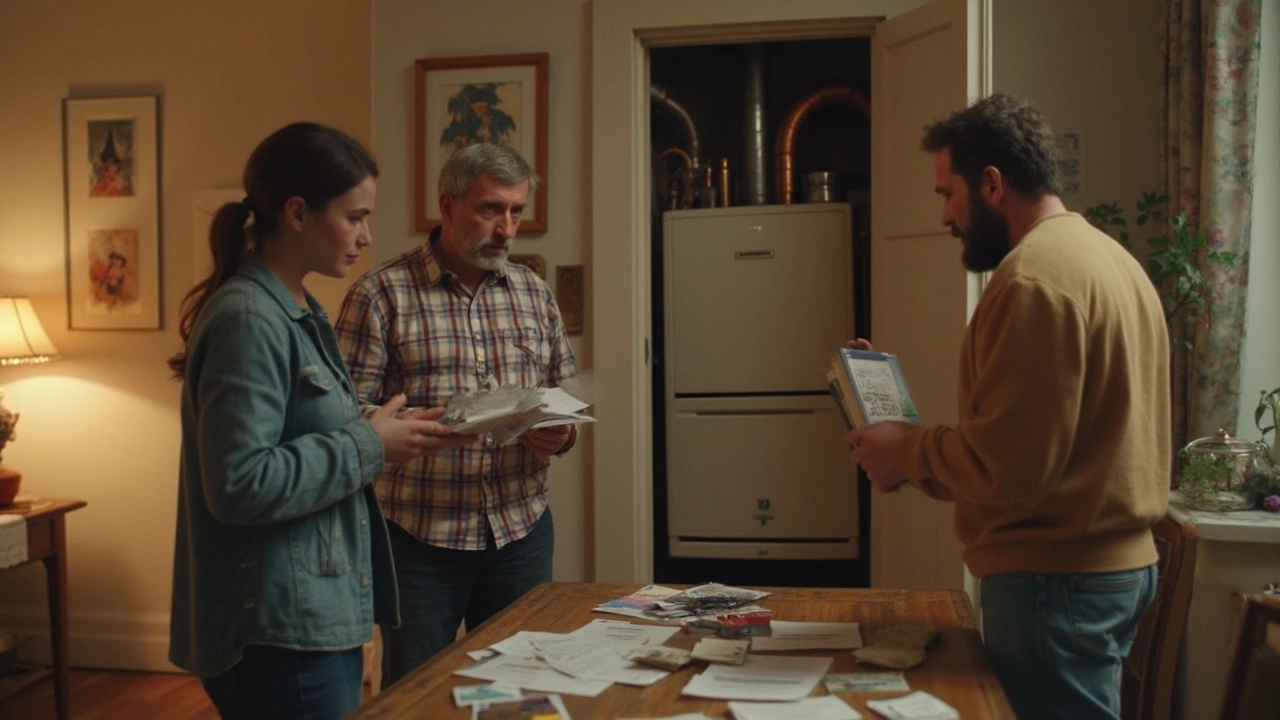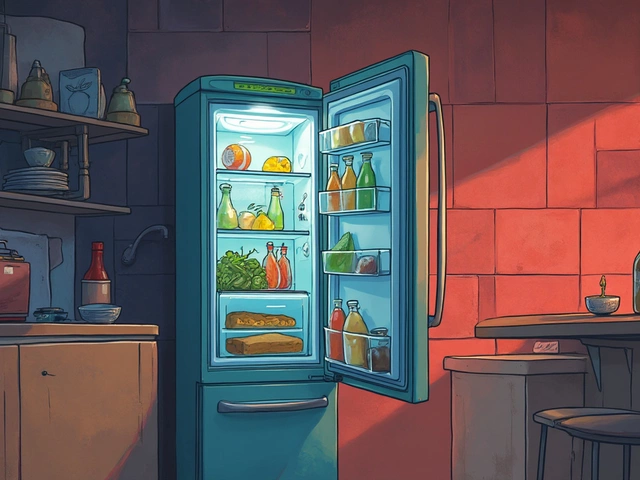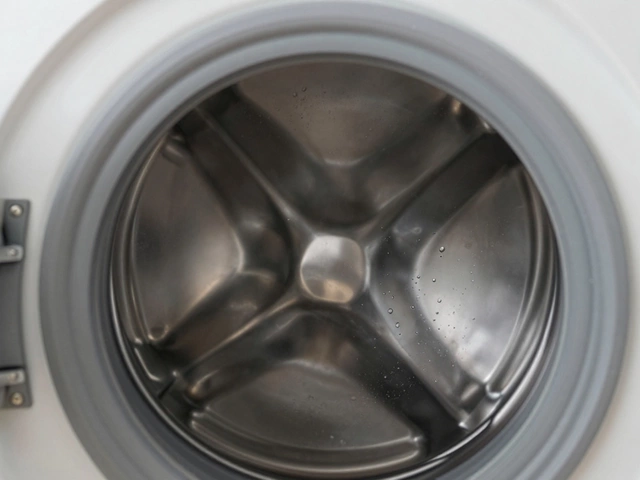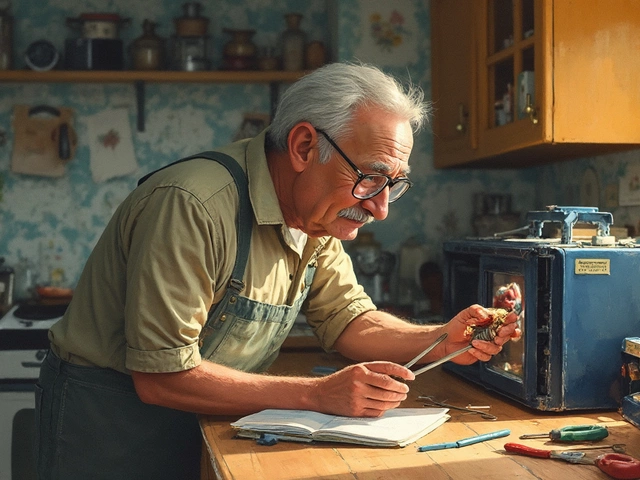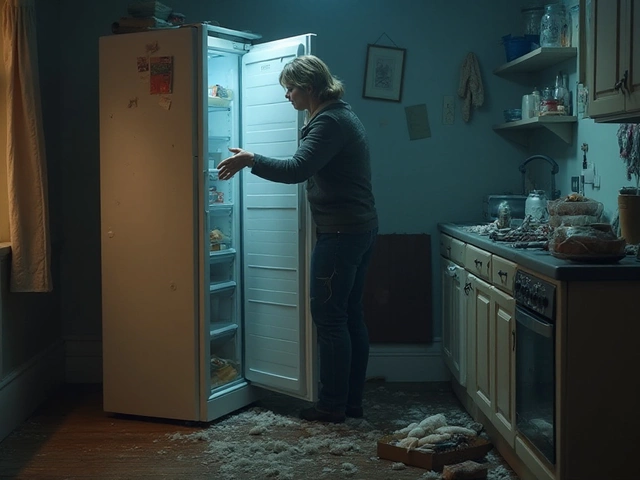Ever looked at the quote for a new boiler and thought, "Is this thing made of gold?" You're not alone. The number on that bill isn't just for the metal box in your basement—there's a lot hiding behind those numbers. Boilers are complicated beasts, and swapping them out is nowhere near as easy as plugging in a new toaster.
First off, modern boilers aren't cheap machines. They’re packed with technology to keep your home safe, efficient, and legally up to code. On top of that, getting a properly trained engineer is a must—one tiny mistake and you could end up with leaks, carbon monoxide, or worse. Plus, you usually need extra parts, updated piping, and even adjustments to your home's gas or electrical supply. All those hours of skilled labor really add up.
Some folks try to save money by shopping for cheap boilers online, but installation is where most of the cost lies. Safe, legal, and efficient set-up takes time, and regulations keep getting tougher, so shortcuts just don’t fly. Next time you get hit with a big number, know that it’s not just a rip-off: you’re paying for safety and peace of mind.
- Why Are Boilers So Pricey?
- The Real Costs Behind Installation
- Hidden Expenses Nobody Tells You
- Tips to Cut Your Boiler Bill
Why Are Boilers So Pricey?
The price of a new boiler usually stops people in their tracks. It’s not just the hardware—there’s a mix of reasons why you end up paying so much. The cost of the unit itself is just the start. Modern boilers are packed with safety sensors, smart controls, and efficiency tech to meet strict regulations. A basic combi boiler for a small home can run £1,000–£2,000, but mid-range and larger systems often hit £2,500 or more. If you want the best brands, you’re looking at even higher numbers.
You need to look at how central heating standards have changed. A decade ago, you could buy a simple system and slap it on the wall. Today, everything has to meet eco-friendly rules—think about energy labels and government targets that keep shifting. That adds to the sticker price before an engineer even touches it. Manufacturers have to design boilers that use less fuel, avoid dangerous gases, and last longer. All this extra tech doesn’t come cheap for them—or for you.
Here's an eye-opener: every new boiler replacement also has to be professionally installed. Gas Safe registered engineers are trained, certified, and insured. They know their stuff but they don’t come cheap—expect to pay several hundred just for their labor. And if they have to fix old, tricky pipework or move a flue, that drives the bill even higher. Throw in warranty fees and system flushes, and you see how the numbers stack up fast.
If you’re thinking it’s a simple swap, think again. Boiler design changes all the time so the new one might not fit exactly. Engineers often need to rejig pipes or rebuild part of the system. That eats time and adds costs. So, in a nutshell, you’re paying for advanced tech, skilled labor, and a whole pile of rules—each pushing the price up before you even get to the install.
The Real Costs Behind Installation
When you dig into the bill for a new boiler, you’ll see it’s not just about buying the unit itself. Here’s where your money actually goes during a boiler swap—and why the price climbs fast.
First up, there’s the actual boiler replacement. Good boilers cost anywhere from £600 to £2,500, depending on the brand, size, and tech. But that’s just the start. You also need a Gas Safe registered engineer, because UK law requires it. Skilled labor makes a major dent in your budget; most installations run between £500 and £1,500 for labor alone.
Don’t forget the extras. New pipework is common—especially if you’re replacing an old non-condensing boiler with a modern condensing one. Sometimes you need updates to your gas supply, a new flue, or better drainage for the condensate pipe. If your setup is ancient, the installer might even need to move your boiler’s location, which quickly bumps up the cost.
Let’s not ignore all the safety checks, system flushing, and certification. Once it’s all done, your engineer needs to test and sign off on everything to keep your home legal and covered by insurance. Skimp on this, and home insurers can refuse claims caused by a bad installation.
| Cost Item | Approximate Price Range (£) |
|---|---|
| New boiler (mid-range) | £1,000 - £1,800 |
| Labour/installation | £500 - £1,500 |
| Upgraded pipework | £150 - £400 |
| Controls & Thermostats | £80 - £300 |
| System flush/clean | £100 - £300 |
Here’s a quick tip: Always get at least three quotes. Plenty of legit installers will visit your home for free and offer a detailed breakdown. If a quote is oddly cheap, double-check what’s included—sometimes the ‘deal’ skips safety checks or doesn’t cover unexpected problems.
Remember, every home is different. If you’ve got a combi boiler in a small flat, your job might be simple. But if you live in a big house with an old system or radiators that need upgrading, expect a steeper bill and more parts swapped out.
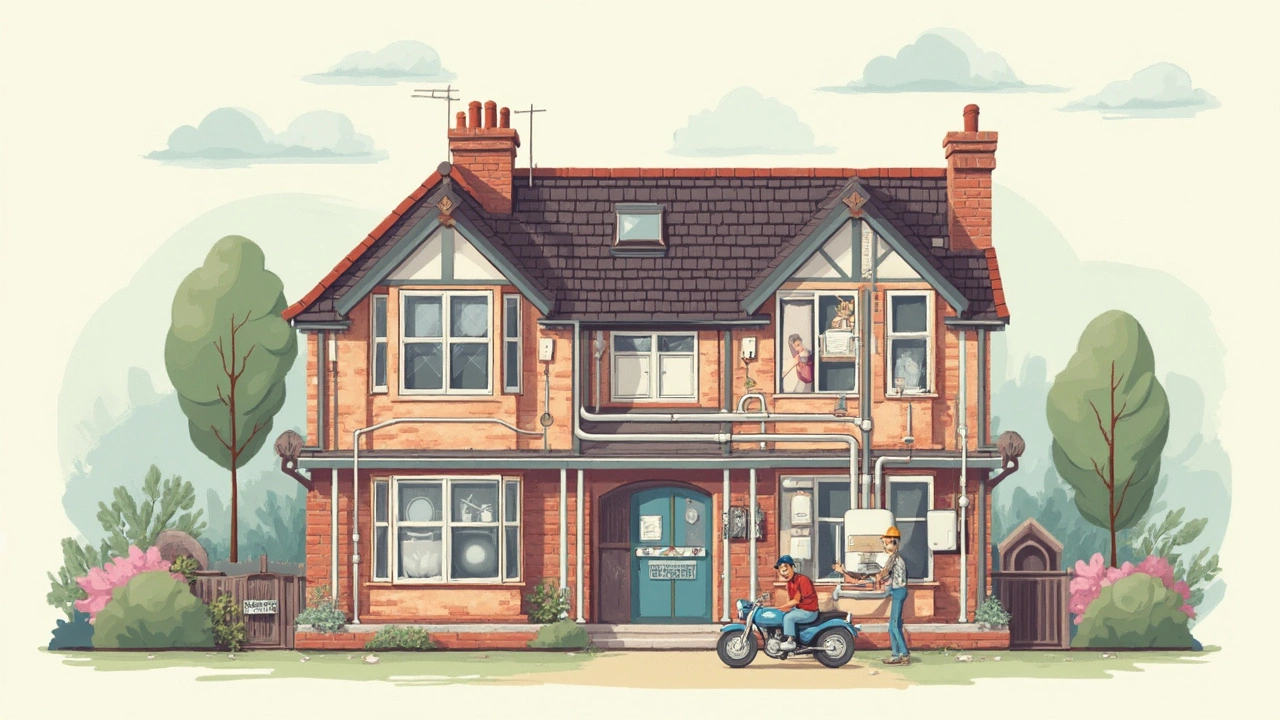
Hidden Expenses Nobody Tells You
Most people expect to pay for the actual boiler and the installation. But once the process starts, all kinds of sneaky costs can pop up. One of the biggest shockers comes from upgrading the pipework. If your old boiler replacement involves pipes that aren't up to current standards, you could be looking at a big chunk added to the bill. It’s not unusual for pipe upgrades to cost hundreds on top of the main price.
Rewiring is another biggie. Old electrical systems might not cope with the modern demands of new boilers. So, if your wiring is outdated, the installer will need to bring in an electrician, and that’s not cheap. Sometimes, the new boiler’s footprint doesn’t match the old one, which means extra wall repairs or bricking up holes. These finishing touches aren’t covered in most quotes.
Here’s a quick look at other common extras:
- Flue replacement: Most new boilers need a new flue—often required by law. That’s another £200–£400, depending on your layout.
- System flush: Sludge in old heating systems can wreck new boilers. Many installers now insist on what’s called a "power flush” beforehand, costing £300–£500.
- Smart controls: Want to control your heat with your phone? That’s handy, but adding smart thermostats and controls brings another £150–£300.
- Permit or inspection fees: In some areas, you’ll pay for permits or inspections, especially if you’re switching fuel types.
Take a look at the numbers:
| Hidden Expense | Typical Extra Cost (UK) |
|---|---|
| Upgraded pipework | £150–£500 |
| Electrical rewire | £200–£600 |
| Wall/brick repairs | £100–£400 |
| Flue replacement | £200–£400 |
| System/power flush | £300–£500 |
Some surprises can’t be avoided—especially in older properties. Always budget a bit extra just in case and ask your installer up front about what’s included. Don’t be shy about grilling them for worst-case scenarios.
Tips to Cut Your Boiler Bill
This isn’t the moment to start penny pinching on safety, but you can definitely avoid getting burned by sky-high boiler replacement bills. Smart planning makes a difference. Here’s what you can actually do to save money without risking comfort or safety.
- Boiler replacement isn’t an emergency if you plan ahead. If your system is over 10-15 years old and acting up often, don’t wait for it to break down in the middle of winter. Getting quotes off-season—like during spring or early fall—usually means better prices and more available installers.
- Always get at least three quotes from trusted, Gas Safe registered engineers. Local engineers can sometimes work cheaper than the big nationwide companies and often provide more personal service. Check reviews and ask for references.
- You don’t always need the fanciest, top-of-the-line model. The best boiler for your home is the right size and type, not the most expensive. Oversized boilers waste gas and money. If in doubt, ask the installer to do a full heat-loss calculation instead of guessing.
- Ask about grants or funding. In the UK, for example, several energy companies offer schemes for eligible households, especially if you get certain benefits or your old boiler is really inefficient.
- Bundling services can help too. If your radiators need an upgrade or you’re due for a power flush, see if the installer will give a bundle price for doing everything together instead of in separate trips.
One important thing: don’t get talked into extra works “just in case” without a second opinion. Some upsell is legit, but some isn’t. Push for a detailed breakdown of any costs. Read the fine print—always.

